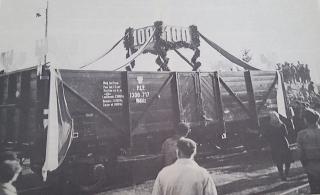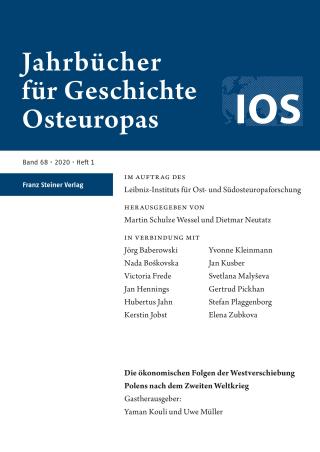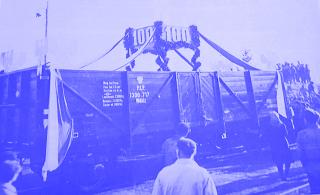

As a result of the resolutions of the conferences of Yalta and Potsdam in 1945, Poland lost c. 180,000 km2 or c. 46% of its territory in the east, which was allocated to the Soviet Union. It received a 102,000 km2 area in the west and north, which had previously belonged to Germany and the Free City of Danzig. Although the forced migrations that accompanied the Polish state’s westward shift have been fairly well researched, hardly any systematic researches into the economic consequences exist. The special issue published by Uwe Müller together with Yaman Kouli of the Heinrich-Heine-Universität Düsseldorf illuminates essential aspects of the economic structural change connected to the changing territorial affiliations as well as the respective processes of integration and disintegration.
The articles cover both the micro-economic level—by studying the company history of PAFAWAG—and the macro-economic. The latter comprises an analysis of infrastructure (electric grids) and the repercussions of the largely politically motivated changes to agrarian enterprise size structures on agricultural development through the example of Pomerania. The special issue also offers a systematic comparison of the quantitative production potentials in the lost eastern and ‘re-won’ western territories. It becomes clear that the Polish People’s Republic demonstrated growing production capacities despite its territorial losses and wartime destruction, yet this did not translate into equivalent growth and modernisation of the national economy in the post-war period. The introductory article systematises and weights the reasons for this failure. Alongside the loss of human capital that accompanied the German population’s expulsion and the installation of a planned economic system, massive economic and social processes of disintegration also negatively impacted the economic development of post-war Poland.



